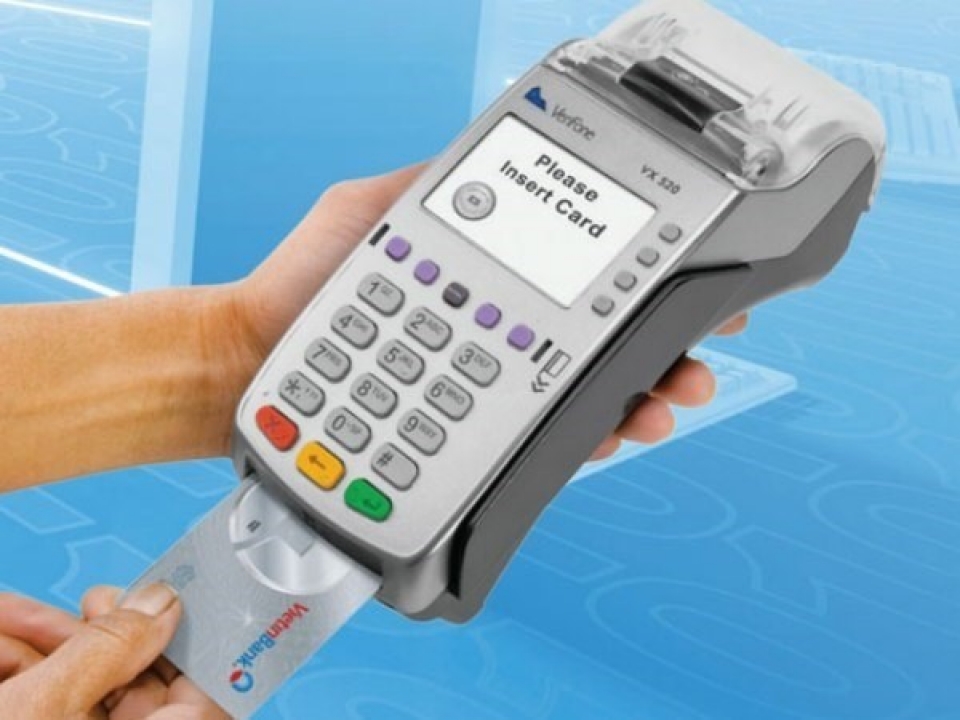
Vietnam to have first domestic chip cards in Q1 2019
Latest
| TIN LIÊN QUAN | |
| Processing – major contributor to Vietnam’s economy | |
| Vietnam changes to meet FTA requirements | |
The NAPAS said that it is cooperating with six commercial banks to run a trial of the new domestic chip cards before the official launch.
 |
| All ATMs and POSs in Vietnam will accept chip cards by the end of 2021.(Photo: VNA) |
The new cards will meet standards set for domestic chip cards using contact and contactless chip technology issued by the State Bank of Vietnam (SBV) in October this year, NAPAS said, adding it will be also compatible with EMV standards as well as standards of international card organisations such as Visa, MasterCard, JCB and UnionPay.
The SBV plans to have at least 30 percent of active cards in the country meeting the domestic chip card standards by the end of 2020. The number will rise to 60 percent by the end of 2021 and 100 percent by the end of 2022.
To meet the plan, the SBV has required banks, card-issuing institutions and point of sale (POS) terminal suppliers to have all their automatic teller machines (ATM) and POS to accept chip cards by the end of 2021.
The SBV estimates that Vietnam currently has some 70 million bank cards with magnetic strips, which can be easily hacked due to weak security features.
International card-issuing organisations have asked Vietnamese banks to switch to chip cards that meet EMV standards to increase safety amidst growing card information thefts. Security experts have also warned that Vietnam’s delayed transition to chip technology could put the country at risk of becoming a ‘haven’ for card criminals from around the world as it is among the few countries where the use of magnetic swipe cards is still prevalent.
The Ministry of Public Security’s C50 Division has arrested dozens of suspects on charges of criminal theft and identity theft in ATM and bank card-related crimes between 2015 and 2018, with damages ranging from hundred thousands to billions of VND.
However, many local banks have still postponed shifting to chip cards mainly due to concerns over high investment costs.
According to banks, issuing a chip card can cost them some 1.5-2.5 USD. It means that they will have to spend between 105-175 million USD for the transition, not to mention the additional costs of upgrading their ATM machines and core banking systems to adapt to the change.
 | Vietnam expects more investment out of China Vietnam is projected to receive new high-quality foreign direct investment from China, where costs are rising and producers are feeling pressured to move elsewhere to ... |
 | Vietnam, New Zealand networking event discusses CPTPP The Vietnam Trade Office partnered with the Wellington Chamber of Commerce and the ASEAN-New Zealand Business Council to run the Vietnam-New Zealand Free Trade Breakfast ... |
 | Vietnam economy is forecast to grow by more than 7% in 2019 World Bank (WB) Country Director for Vietnam Ousmane Dione appreciated what Vietnam has achieved in the context of global challenges. |























